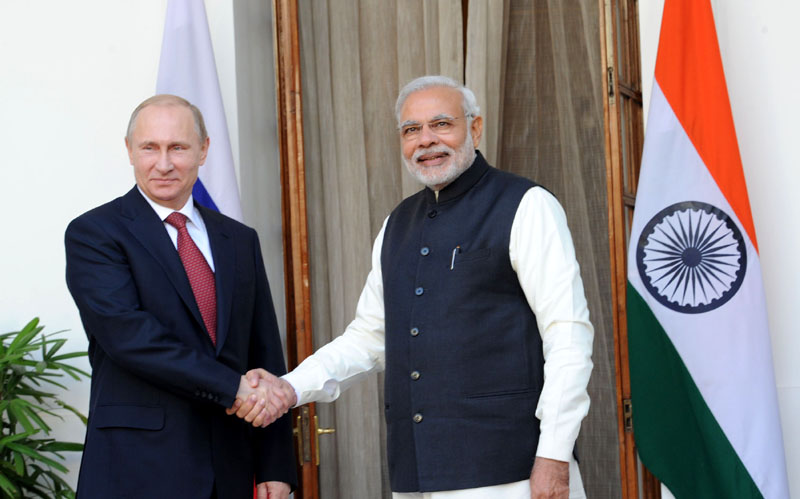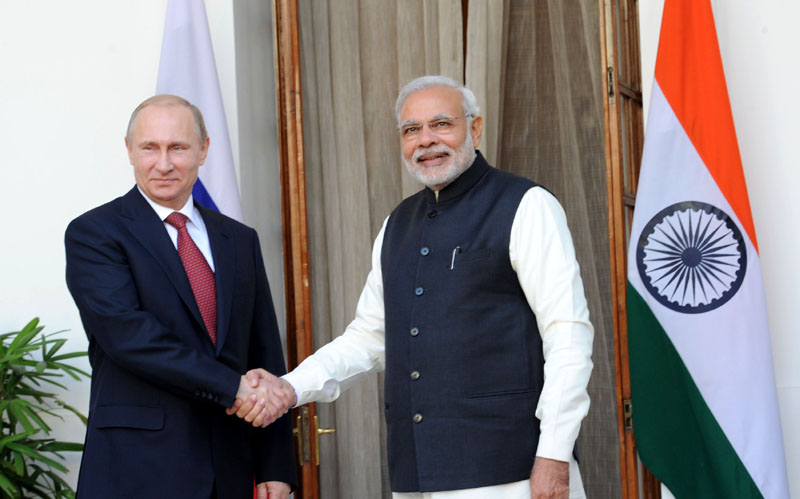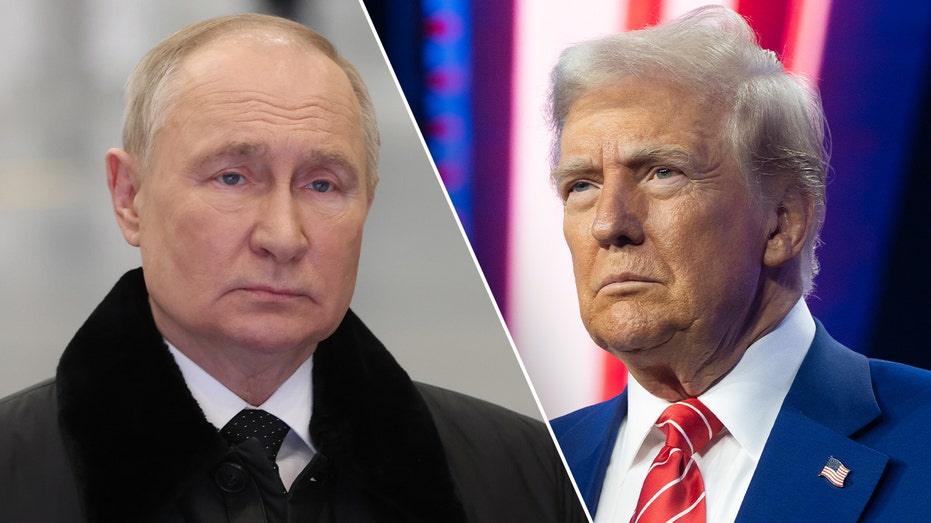
Putin Proposes U.S. Cooperation on Rare Earth Minerals Amid Ongoing Conflict
Russian President **Vladimir Putin** has signaled a willingness to collaborate with the United States in tapping into rare earth mineral resources, both within Russia and areas of Ukraine currently under Russian control.
Putin’s Remarks and The Significance of Rare Earth Minerals
In a recent interview with Russian state television, aired on Monday, Putin discussed Russia’s significant reserves of rare-earth minerals and their potential to bolster the Russian economy. He emphasized the importance of further developing these reserves and indicated a readiness to partner with the United States on energy deals that could facilitate this development.
Putin stated, “Russia is one of the undisputed leaders in reserves of rare and rare-earth metals.” He elaborated on the complexities of mining these resources, noting that such projects are capital-intensive and would benefit from foreign collaboration.
Exploring U.S.-Russia Trade Agreements
During the interview, Putin proposed that if the U.S. lifted its sanctions on Russian metal imports, Russia could potentially supply up to 2 million tons of aluminum. He reminisced that, before sanctions, Russia was responsible for approximately 15% of U.S. aluminum imports.
Putin argued that lifting these restrictions could not only benefit Russia but also stabilize global aluminum prices. Additionally, he indicated openness to negotiate within the context of Russian-occupied territories in Ukraine, which he refers to as “new historical territories.” He reiterated that Russia is eager to attract foreign partners for resource extraction in these areas.
He asserted, “We are ready to attract foreign partners in these so-called new territories. They also have certain resource reserves available.” This statement raises questions about the implications of engaging with regions affected by conflict and occupation.
Context of U.S. Aid to Ukraine
Putin’s comments came on the anniversary of Russia’s invasion of Ukraine, a conflict that has significantly impacted lives and led to widespread displacement. The U.S. administration, particularly under Donald Trump, has been exploring ways to recover aid costs to Ukraine through potential agreements involving access to the country’s rich mineral deposits, including titanium, iron, and uranium.
President Trump expressed that the war in Ukraine could see resolution within weeks, promoting the idea of a deal that would provide the U.S. access to Ukraine’s extensive natural resources in exchange for substantial financial aid to support Ukraine’s defense.”> During an Oval Office conversation, he mentioned possible imminent meetings with Ukrainian President **Volodymyr Zelenskyy** to solidify an agreement, stating, “In fact, he may come in this week or next week to sign the agreement.”
Implications of the Proposed Agreement
Trump characterized the prospective deal as crucial for reinvigorating Ukraine’s economy, with Treasury Secretary **Scott Bessent** confirming that negotiations are progressing favorably towards completion. This initiative by the Trump administration aligns with their broader strategy to integrate resource access into peace settlements as a means of reinforcing U.S. geopolitical standing.
Future of Negotiations on Ukraine Conflict
As negotiations continue, Trump predicted that a peace agreement could soon materialize, potentially involving provisions for European peacekeeping forces in Ukraine. This reflects a broader effort to stabilize the region while recognizing the complexities of Boris Putin’s proposals.
Intriguingly, senior officials from the Trump administration, including **National Security Advisor Mike Waltz, Secretary of State Marco Rubio,** and **Special Envoy to the Middle East Steve Witkoff**, engaged in discussions in Riyadh, Saudi Arabia, with **Russian Foreign Minister Sergey Lavrov** and **Putin’s foreign affairs advisor Yuri Ushakov** to explore mechanisms for ending the protracted conflict.
Notably, Ukraine was absent from these discussions, a decision that has seemingly frustrated President Zelenskyy and raises concerns about the inclusivity and fairness of proposed resolutions.


















